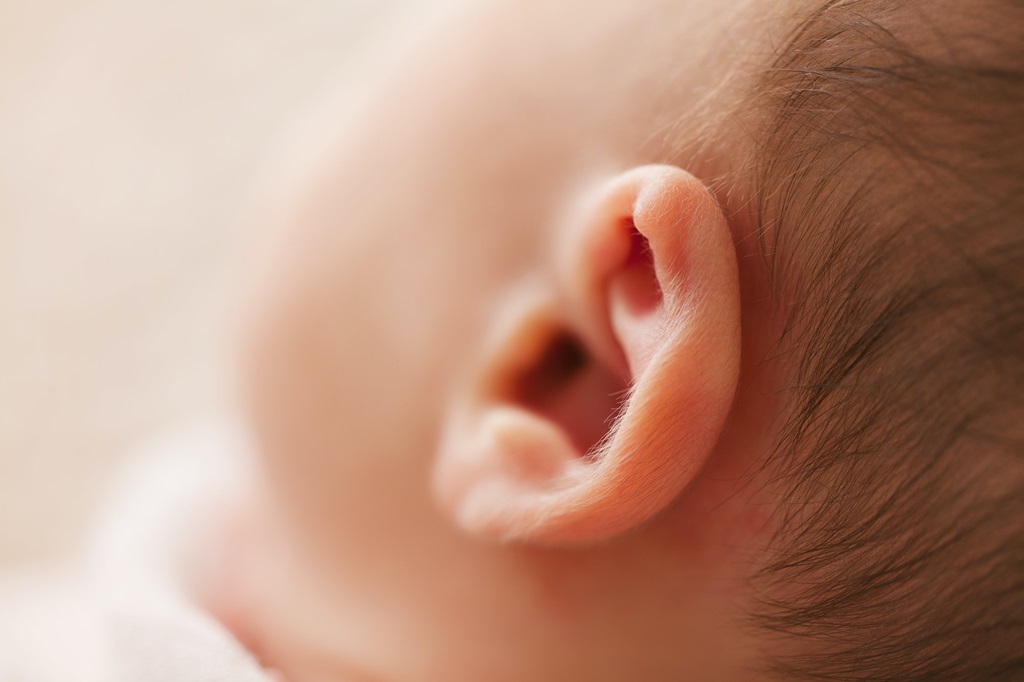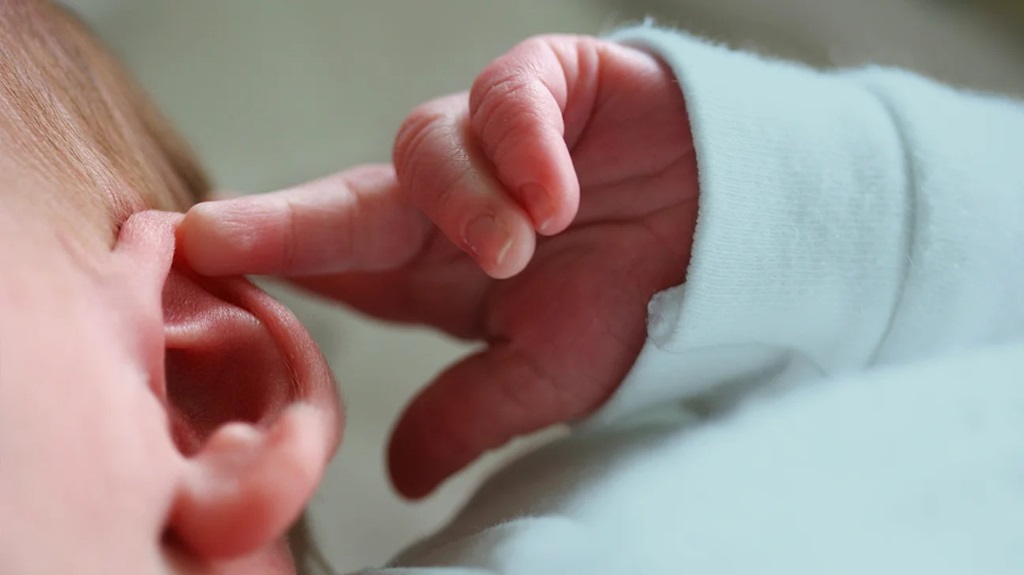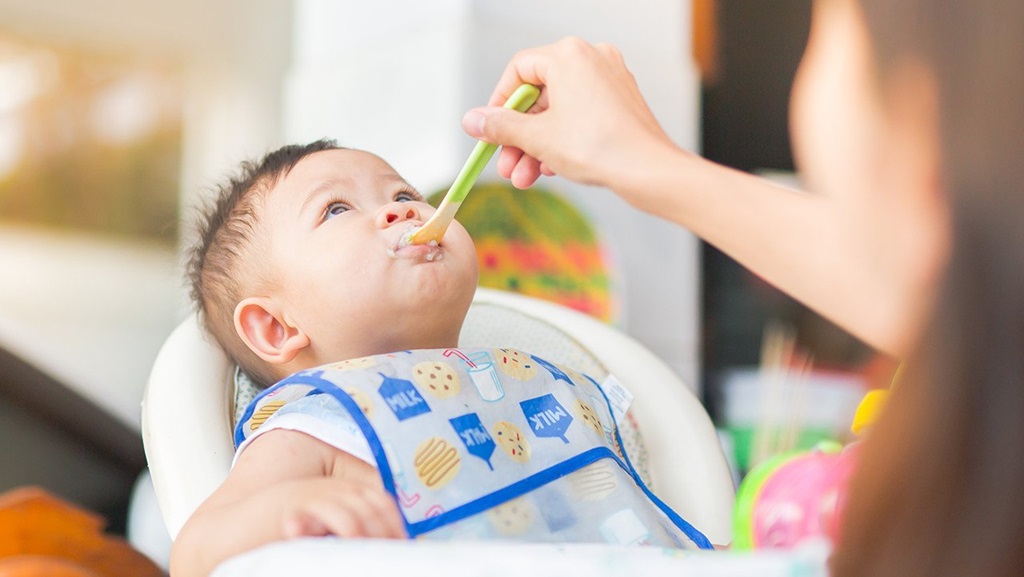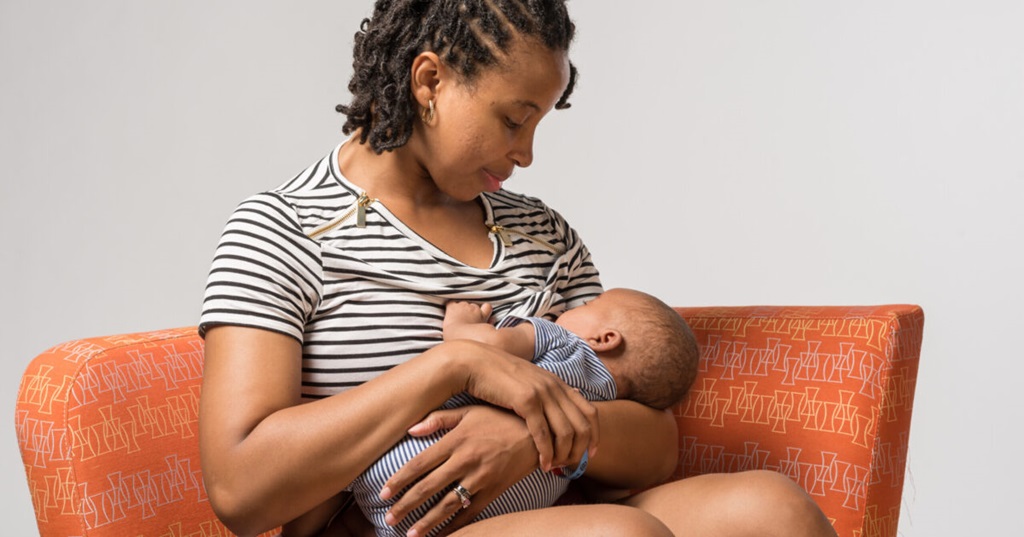
29 Nov How to Prevent Ear Infections in Babies
Ear infections in babies can be a cause of concern for parents, but with the right knowledge and preventive measures, the risk can be significantly reduced. Understanding the types and causes of ear infections is crucial for effective prevention.
Understanding Ear Infections in Babies
Ear infections can vary, affecting different parts of the ear, such as the outer, middle, or inner ear. Common causes include bacterial or viral infections, and babies are particularly susceptible due to their developing immune systems. Recognizing these infections early is vital for prompt intervention.
Recognizing the Signs and Symptoms
Ear infections in babies can be challenging to identify since they may not be able to communicate their discomfort effectively. However, there are several signs that may indicate an ear infection in a baby. Keep in mind that these symptoms can also be associated with other conditions, so it’s essential to consult a healthcare professional for a proper diagnosis. Here are common signs of ear infections in babies:

-
Ear Pulling or Tugging:
- Babies might tug or pull at their ears due to the pain or discomfort associated with an ear infection.
-
Irritability and Fussiness:
- Infants with ear infections may become more irritable than usual. They may cry more frequently and be harder to soothe.
-
Difficulty Sleeping:
- Pain from an ear infection can make it challenging for a baby to sleep peacefully. They may have trouble falling asleep or wake up frequently during the night.
-
Feeding Difficulties:
- Babies may have difficulty feeding or may show a sudden disinterest in breastfeeding or bottle-feeding.
-
Fever:
- A fever is a common symptom of many infections, including ear infections. However, not all children with ear infections will develop a fever.
-
Fluid Drainage:
- In some cases, there may be fluid drainage from the affected ear. This can be clear, yellow, or bloody.
-
Changes in Behavior:
- A baby with an ear infection might exhibit changes in behavior, such as being more clingy or less active than usual.
-
Difficulty Balancing:
- Ear infections can affect a baby’s balance. If you notice your baby having trouble maintaining balance or being unsteady, it could be a sign of an ear infection.
-
Difficulty Hearing:
- Babies may seem less responsive to sounds or have difficulty hearing when they have an ear infection.
-
Ear Odor:
- There might be a foul smell coming from the ear due to the presence of infection and fluid.
If you suspect your baby has an ear infection, it’s important to seek medical advice promptly. A healthcare professional can examine the baby’s ears and recommend an appropriate course of action, which may include antibiotics in some cases.
Preventive Measures at Home
Maintaining a clean and hygienic environment is paramount. Regular cleaning of the baby’s ears with a soft cloth, especially after baths, helps prevent infections. Breastfeeding is not only a nutritional choice but also provides antibodies that strengthen the baby’s immune system.
Maintaining Healthy Habits
Incorporating healthy habits into a baby’s routine is key. Regular handwashing, both for the baby and caregivers, minimizes the risk of transferring germs. Additionally, staying up-to-date with recommended vaccinations is crucial for overall immune health.
Balancing Diet for Ear Health

A well-balanced diet supports the immune system. Including foods rich in vitamins and minerals, such as fruits and vegetables, can contribute to preventing ear infections. Avoiding excessive sugary foods is also advisable, as they can weaken the immune response.
Ensuring a Smoke-Free Environment
Exposure to tobacco smoke increases the risk of ear infections. Creating a smoke-free environment around the baby, both at home and in public spaces is a crucial step in prevention. This protects not only the respiratory system but also the delicate structures of the ear.
Importance of Timely Medical Check-ups
Regular check-ups with a pediatrician are essential for monitoring the baby’s overall health. Early detection of any issues, including potential ear infections, allows for timely intervention. Parents should not hesitate to seek medical advice if they notice any concerning symptoms.
Common Misconceptions About Ear Infections
Dispelling myths about ear infections is vital. One common misconception is that only cold weather contributes to ear infections. In reality, various factors, including hygiene practices and exposure to smoke, play a role. Educating parents about these factors helps in better prevention.
Promoting Breastfeeding

Breast milk is a powerhouse of nutrients and antibodies that protect against infections. Promoting and supporting breastfeeding mothers is a community effort that significantly contributes to the overall health and well-being of babies.
Hygiene Practices for Parents
Parents play a crucial role in preventing the spread of infections. Regular handwashing, especially before handling the baby or preparing food, minimizes the risk of transmitting germs. Simple hygiene practices go a long way in infection prevention.
Environmental Factors and Ear Infections
Consideration of environmental factors is essential. For instance, in humid climates, keeping the baby cool and dry helps prevent moisture-related infections. Similarly, in dry climates, using a humidifier can prevent the drying of nasal passages, reducing infection risks.
When to Introduce Water Activities
Water-related activities can be enjoyable for babies but require caution. Introducing them at the right age and ensuring proper ear protection helps prevent swimmer’s ear—a common type of ear infection caused by water trapped in the ear canal.
Educating Caregivers and Family Members

Creating awareness among extended family members, caregivers, and anyone in regular contact with the baby is crucial. Consistent preventive measures across all interactions contribute to a comprehensive approach to infection prevention.
Conclusion
In conclusion, preventing ear infections in babies involves a combination of hygiene practices, a balanced diet, and awareness. Timely medical check-ups and dispelling common misconceptions are integral parts of a holistic approach. By incorporating these measures into daily routines, parents can significantly reduce the risk of ear infections and promote overall well-being in their little ones.
Frequently Asked Questions (FAQs)
-
Q: Can ear infections in babies be completely avoided?
- A: While complete avoidance may not be possible, adopting preventive measures significantly reduces the risk.
-
Q: How often should I clean my baby’s ears?
- A: Gently clean the outer ear after baths and as needed, avoiding inserting anything into the ear canal.
-
Q: Is breastfeeding the only way to prevent ear infections?
- A: Breastfeeding is highly beneficial, but other factors like hygiene and a balanced diet also contribute to prevention.
-
Q: At what age can I introduce water activities to my baby?
- A: Introduce water activities when the baby can sit independently and use proper ear protection.
-
Q: What should I do if my baby shows signs of an ear infection?
- A: Consult a pediatrician promptly for a proper diagnosis and appropriate treatment.


No Comments